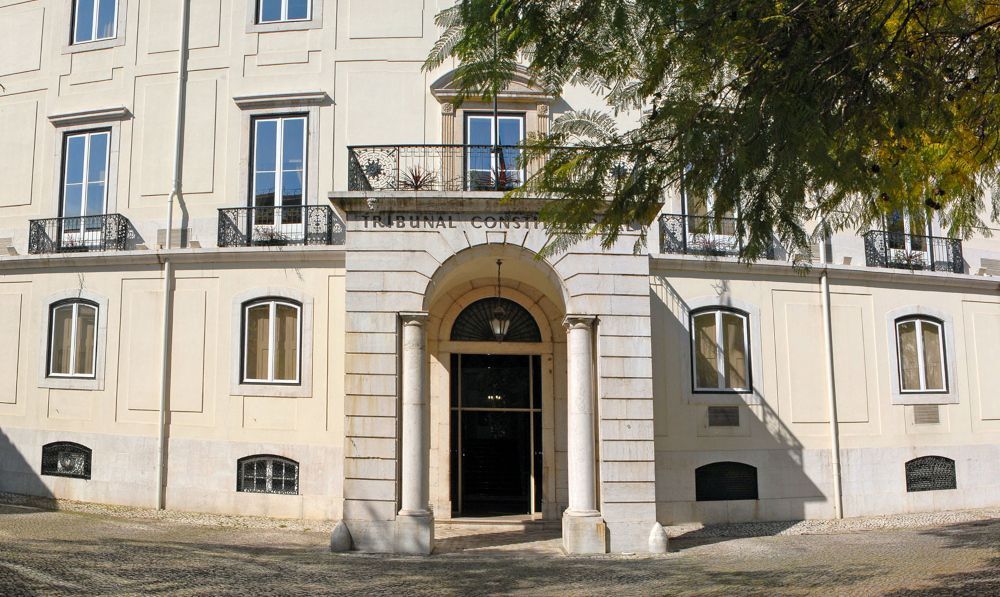AIMI - Municipal Property Tax Surcharge
The Portuguese State Budget Proposal approved in 2017 a new municipal property tax surcharge (Adicional ao Imposto Municipal sobre Imóveis – AIMI). The AIMI is levied on the sum of the value of the real estate assessed by the Tax Authority (VPT), report on 1st January of dwellings owned by the taxpayer.
The following amounts are deducted from the sum of the VPT of all dwellings:
● € 600,000, when the taxpayer is an individual;
● € 600,000, when the taxpayer is an undivided inheritance;
Married taxpayers and taxpayers living in a non-marital partnership may opt to submit a joint tax return, in which case they have the right to a deduction of € 1,200,000 to the sum of the VPT of all the relevant urban properties
In case of individuals and undivided inheritances, the tax rate is 0,7% when the taxable value is less than €1,000,000. A marginal rate of 1% applies to the taxable amount of more than € 1,000,000 and equal or lower than € 2,000,000 (or twice that amount in case of taxpayers that are married or living in non-marital status), and a marginal rate of 1,5 % to the taxable amount that exceeds €2,000,000 (or twice that amount in case of taxpayers that are married or living in non-marital status)
There will be no deduction applicable in case of legal entities and the AIMI should be levied at a tax rate of 0.4%.
The value of buildings held by legal entities for personal use of the equity holders, members of the legal entity, or their spouses, ascendants, descendants, is subject to a rate of 0,7%, when the taxable value is less than €1,000,000. A marginal rate of 1% applies to the taxable amount of more than € 1,000,000 and equal or lower than € 2,000,000, a marginal rate of 1,5% to the taxable amount that exceeds €2,000,000.
Properties classified as “for services”, “commercial or “industrial” are not subject to AIMI. For dwellings owned through a company based in a jurisdiction or region classified as blacklisted, an aggravated AIMI rate of 7.5% is applicable.
Taxpayers may choose to deduct from the gross income from property rentals the value of the AIMI relating to the properties subject to this tax and which had generated that income.
The tax settlement of the AIMI is carried out by the Tax Authority every June and the payment must be made in September of the year to which it relates.

Rui Pedro Fonseca
Lawyer










